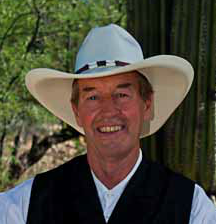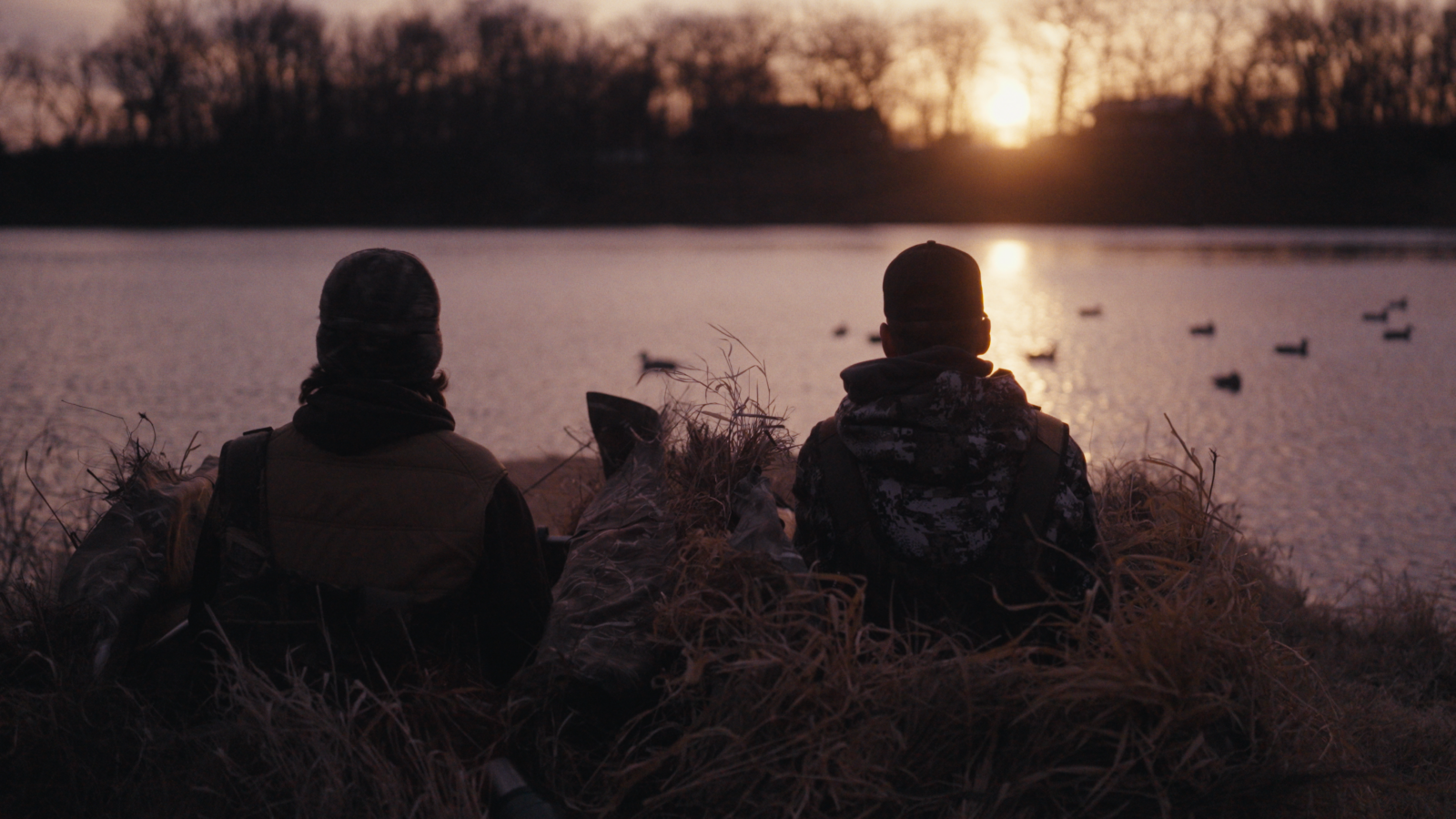How often do you find yourself struggling to pull yourself out of a negative mental cycle, repeating bad behaviors or habits, reacting too quickly when someone or something makes you angry? A young man named Trent learned just how harmful this cycle can be—and how to conquer it. His powerful story is told in the film, “Pause. Notice. Choose.” I have had the honor of working as a Health Advisor for the film with TakeCare, a national initiative rooted in science that provides the reflection, motivation, and implementation to inspire people to create health and well-being in their lives.
Trent grew up with an alcoholic, abusive father who insisted he stifle his emotions and never cry, even after Trent lost his beloved cousin at age 18. Trent learned to suppress his feelings, bottling them inside. When his friends started using methamphetamine, Trent tried it and fell into a downward spiral of car accidents, broken relationships, and eventually six months in jail followed by homelessness.
When I first heard Trent’s heart-wrenching story, it brought tears to my eyes. Not only for the agonizing path he went down, but also for the triumphant change he made to learn to take care of himself by using a technique I designed called Pause. Notice. Choose. This practice helps individuals take an active role in their own decision-making processes by first pausing to notice what they’re feeling and thinking, and then choosing how best to move forward. That’s exactly what Trent was able to do.
We all face difficult decisions and feel big emotions – sometimes on a daily basis – and sometimes these can be difficult to navigate. But instead of reacting impulsively in the moment or making the same choices repeatedly, taking a more mindful approach may be all you need to make a significant change for the better.
Step One: Take a Moment to Pause
Trent said in the film that sometimes he felt as if he was “there in person and not in body.” He had been on autopilot for too long, making the same poor decisions that trapped him in the self-destructive cycle of meth use. He desperately needed a way to learn to change his old habits.
The first step to get out of this cycle is to pause. This can apply to any situation – whether you’re in an argument with someone, or you’re presented with a difficult choice. Pausing allows you to quietly focus your mind so you can begin to think clearly. Although it sounds easy, it may be difficult to remember to pause in an emotional moment.
To start, try taking a couple of breaths to slow yourself down and ground yourself in the moment.
Step Two: Notice
Next is the Notice stage. After the pause, you allow yourself to simply observe your current situation, both internally and externally. Then you can take the time to recognize and acknowledge your instinctual responses and emotions, without judgement, simply notice. At this point, you can calmly think through all your options and how you want to be.
It’s important that you don’t hastily make a decision before you have weighed your options and how they make you feel. This is your time to figure out what decision would be best for you and whether it aligns with your highest values.
Step Three: Choose Your Path
During the Choose stage, it is time to make that decision and start to follow through. This is an opportunity to change your behavior, but you can also decide whether you should continue to make the same decisions as before. This process is not necessarily about making different choices. It’s about making conscious choices. You may actually choose to stay the same, but at least it’s a conscious choice.
Healing Yourself from the Inside Out
Recently, I came across a famous quote by the author James Baldwin: “Not everything that is faced can be changed, but nothing can be changed until it is faced.” Taking the time to face his reality allowed Trent to make new choices and heal himself and repair the relationships that were important to him.
The most important thing to remember is to slow down and realize how your actions are either moving you toward or away from your goals, values, and needs. As Trent discovered, “I think if the whole entire world could stop and take a look within themselves for just a minute or two every day, I think the world would be a kinder place. A more loving place.”
You can read this blog on TakeCare.

David Rychener is the Health Advisor for TakeCare’s film, “Pause. Notice. Choose.” Rychener has a Masters in Theology from Fuller Theological Seminary and earned his Ph.D. from Purdue University in Marriage and Family Therapy. He recently retired from his 40 year career of providing ‘Whole Health’ education at various Universities and for the Veterans Health Administration but continues to consult in the field.


